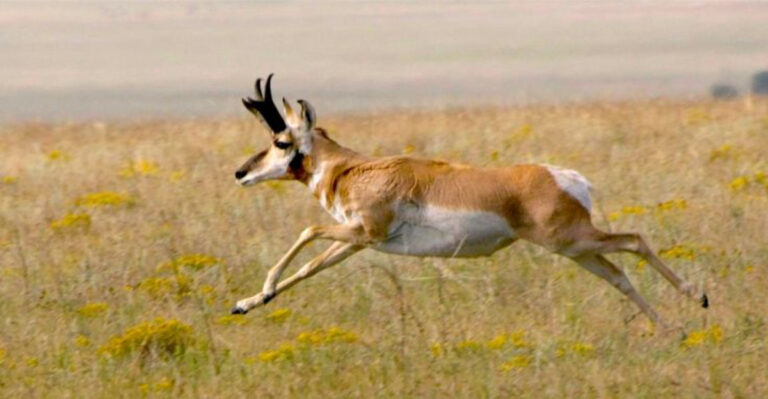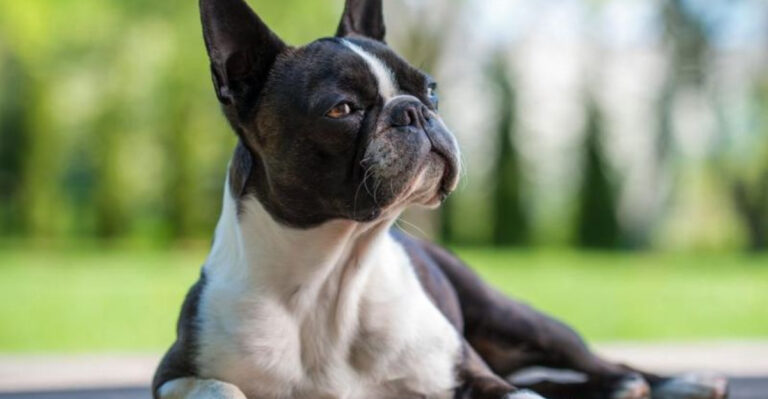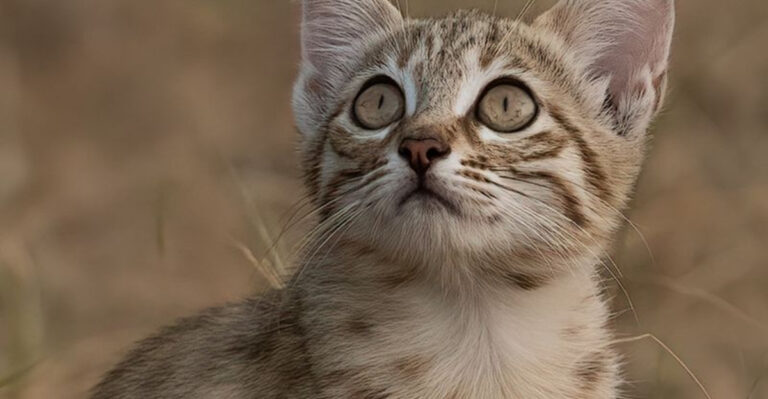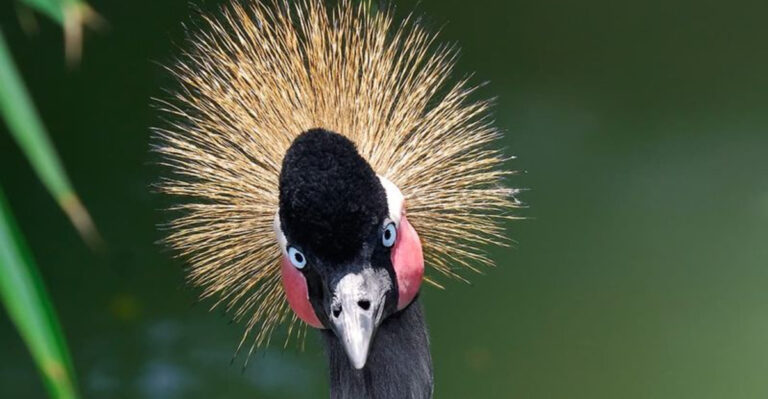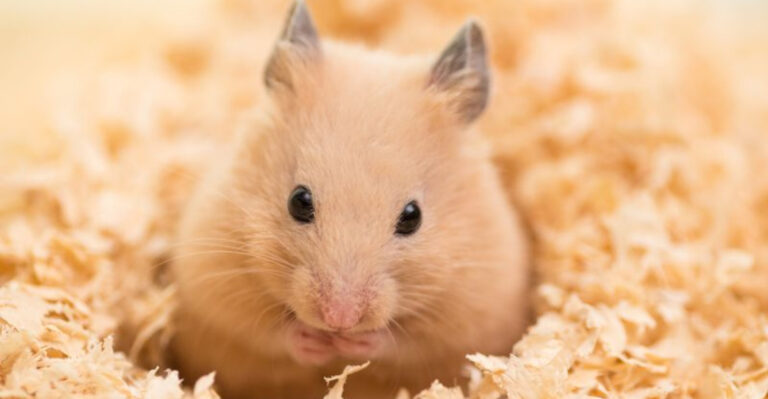14 Worst Dog Breeds Every American Should Know About
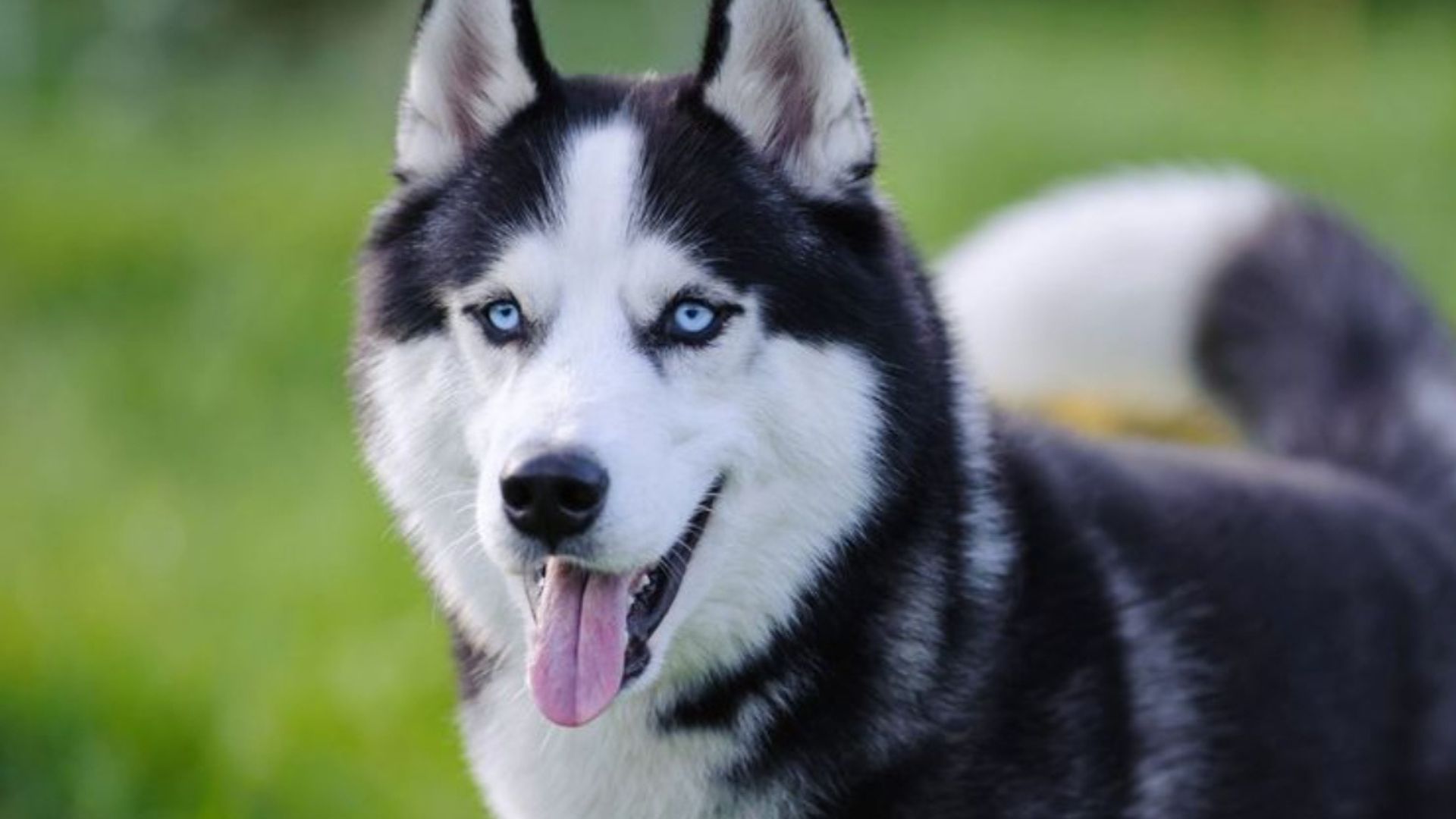
Not every dog breed is a good match for every household – and some can be downright difficult. From extreme energy levels to stubborn temperaments, certain breeds bring challenges that catch many owners off guard.
While these dogs aren’t “bad,” they often require more time, experience, and patience than the average American can provide. Here are breeds that might be more trouble than they’re worth for most homes.
1. Dalmatian
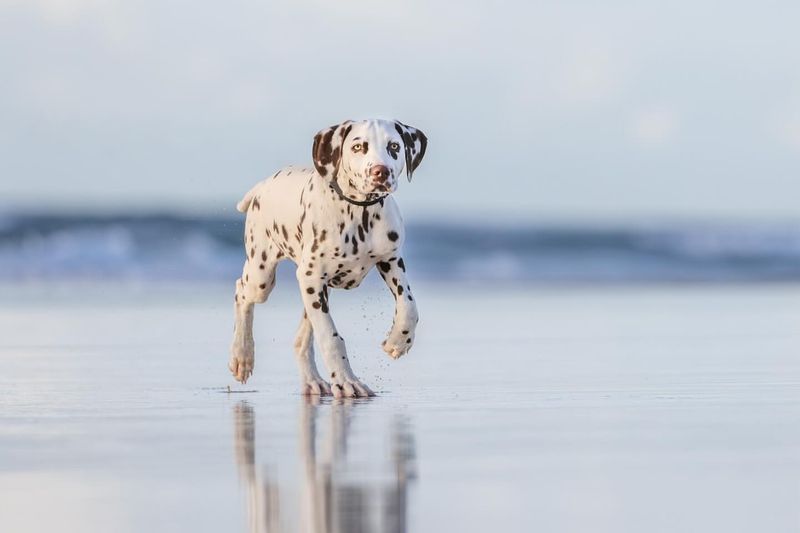
Dalmatians are known for their striking appearance, featuring a unique coat of black or liver spots on a white background. However, these dogs require experienced owners who can manage their high energy levels and need for consistent training.
Historically used as carriage dogs, Dalmatians have a strong prey drive and were bred for endurance. This means they need plenty of physical and mental stimulation to stay happy and healthy. Without it, they can become destructive and develop behavior problems.
2. Chow Chow
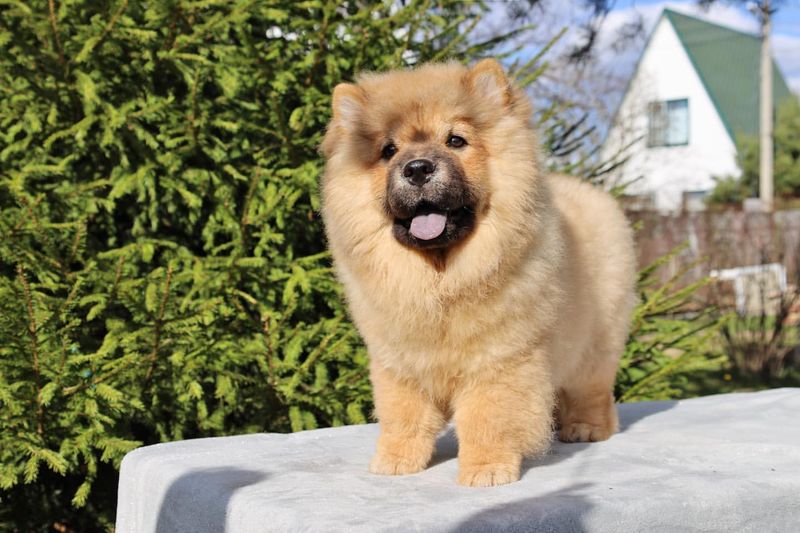
A proud and independent spirit defines this strikingly fluffy breed. Frequent grooming is essential to manage the dense double coat and keep it in good condition.
Reserved by nature, this dog often prefers solitude or familiar faces over strangers and other pets. Early socialization helps curb territorial instincts, but confident, experienced handlers are best suited for the challenge.
3. Akita
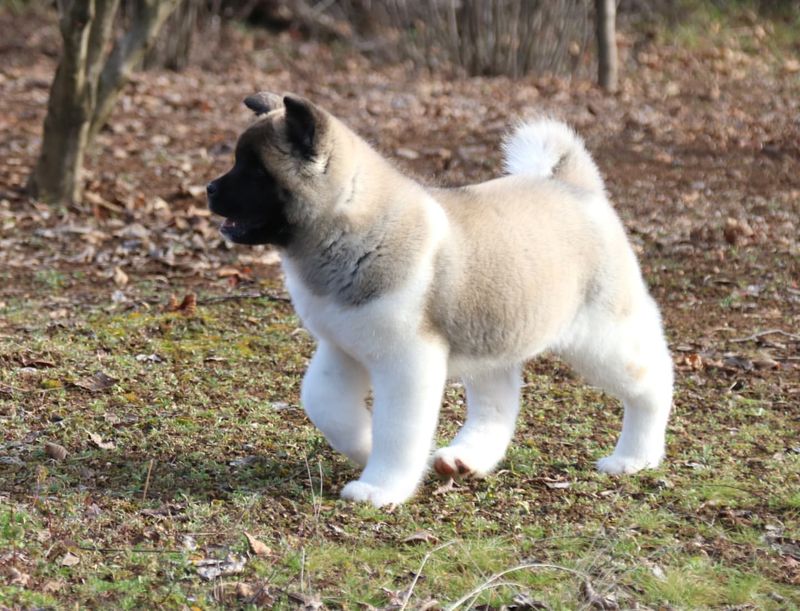
Akitas are large, powerful dogs that demand respect and understanding from their owners. Known for their courage and loyalty, they can be protective of their family, sometimes to a fault.
Regular exercise is essential to keep them content, as boredom can lead to destructive behaviors. Akitas benefit from early socialization to ensure they grow into well-mannered companions. They are best suited for experienced dog owners who can handle their unique needs.
4. Siberian Husky
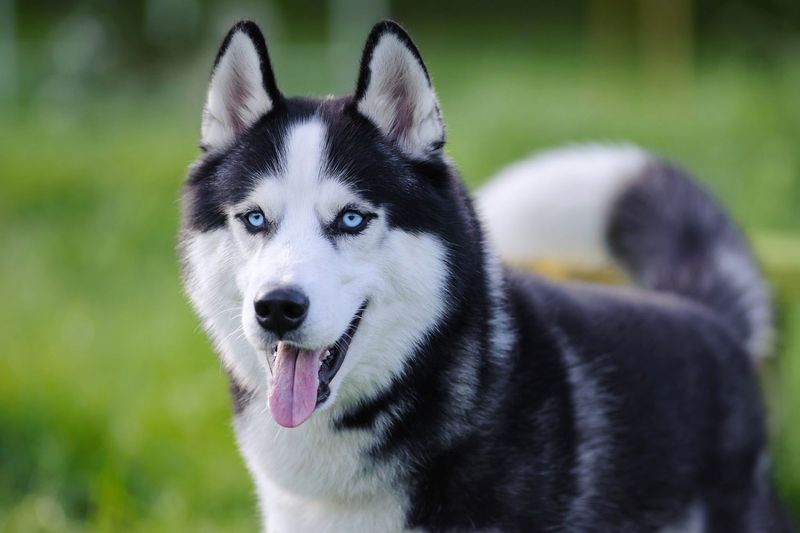
Siberian Huskies are renowned for their striking appearance and energetic personality. They are high-energy dogs that require a lot of exercise and mental stimulation, which can be overwhelming for some owners.
Originally bred as sled dogs, Huskies have a strong instinct to run and can easily escape if not properly contained. Their independent nature can make training a challenge, as they may not always respond to commands.
Huskies also possess a strong prey drive and may not be suitable for homes with smaller pets. Their social nature makes them great companions for active families, but they need an owner who can commit to their demanding exercise needs.
5. Alaskan Malamute
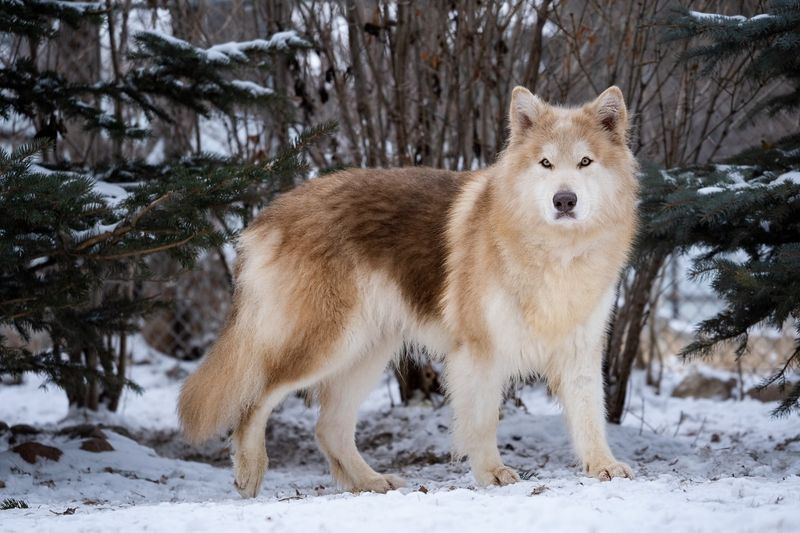
Alaskan Malamutes are large, strong dogs known for their endurance and ability to thrive in cold climates. As a breed that was traditionally used for hauling heavy freight, they require substantial physical activity to keep them satisfied.
Their size and strength can be challenging, especially for inexperienced owners. Malamutes need consistent training and socialization to mold their independent and sometimes stubborn nature.
These dogs are best suited to homes with large, securely fenced yards where they can run and play safely. Owners must be prepared for the responsibility that comes with their formidable energy and size.
6. Shih Tzu

Small in size but big on personality, this breed brings warmth and charm to any home. Daily grooming is a must to keep those luxurious coats looking their best.
Training requires extra patience, as a stubborn streak can turn simple lessons into drawn-out sessions. Close companionship matters most – long hours alone can lead to anxious behavior.
7. Jack Russell Terrier
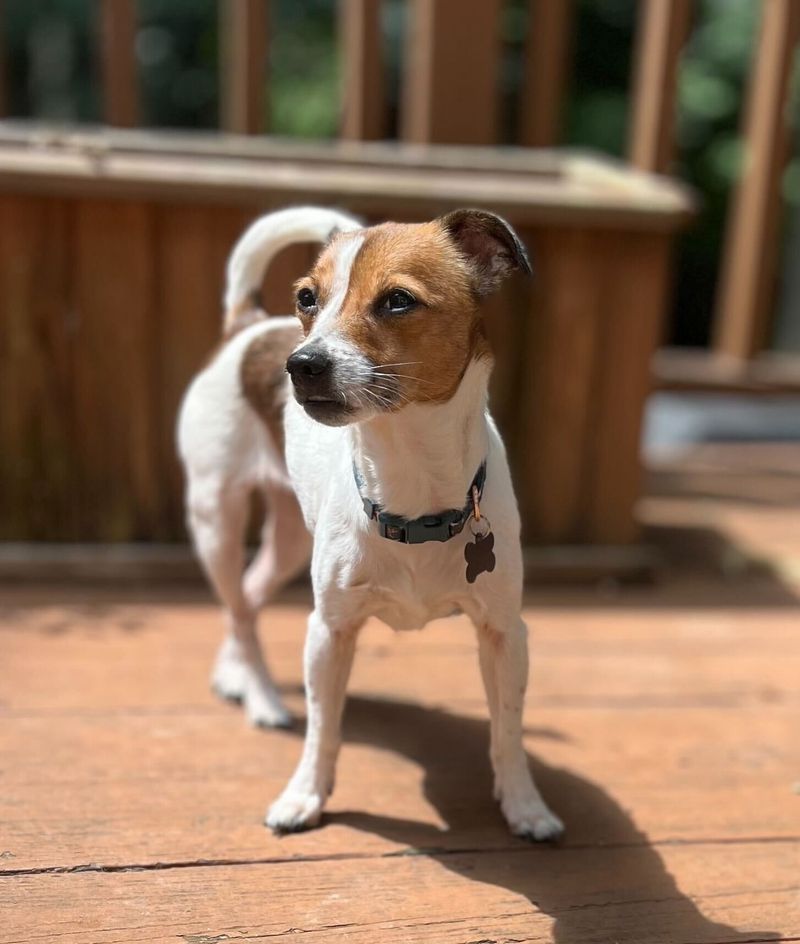
Jack Russell Terriers are small but mighty, known for their boundless energy and intelligence. These dogs require plenty of exercise and mental stimulation to keep them from becoming bored and destructive.
They excel in dog sports and activities that challenge their minds and bodies. While they are good with older children, their energetic nature may overwhelm younger kids. They need an owner who can keep up with their active lifestyle.
8. Weimaraner
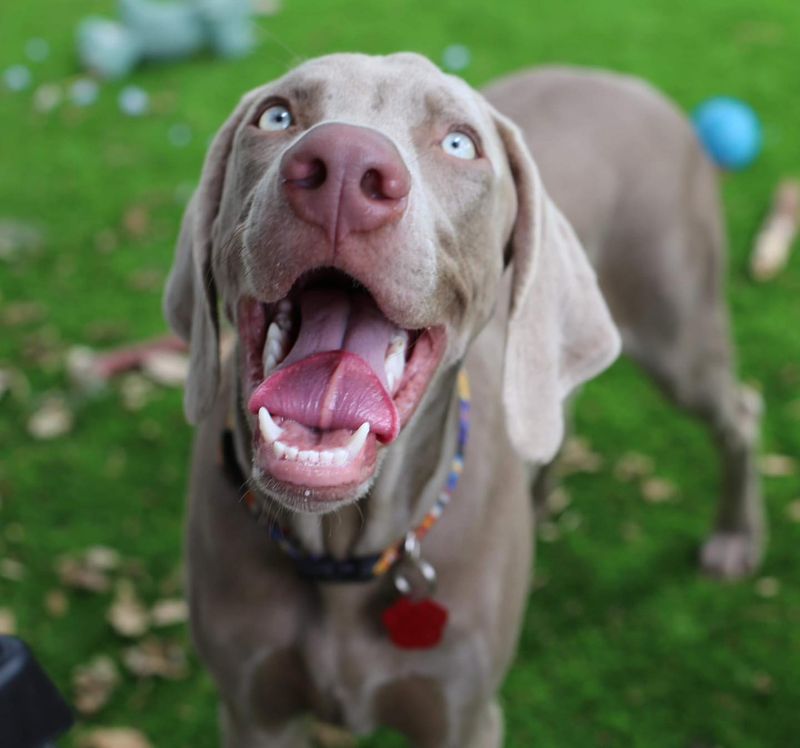
Weimaraners are sleek, elegant dogs known for their striking appearance and energetic nature. They are often called “Velcro dogs” because of their strong attachment to their owners.
This breed requires a lot of physical and mental activity to prevent boredom and anxiety-related behaviors. Weimaraners are known to suffer from separation anxiety if left alone for long periods, making them best suited for active families.
Their strong prey drive can be a challenge, requiring a secure yard and careful supervision around smaller animals. With proper training and socialization, Weimaraners can be loving and loyal companions, but they demand an owner committed to meeting their exercise needs.
9. American Pit Bull Terrier
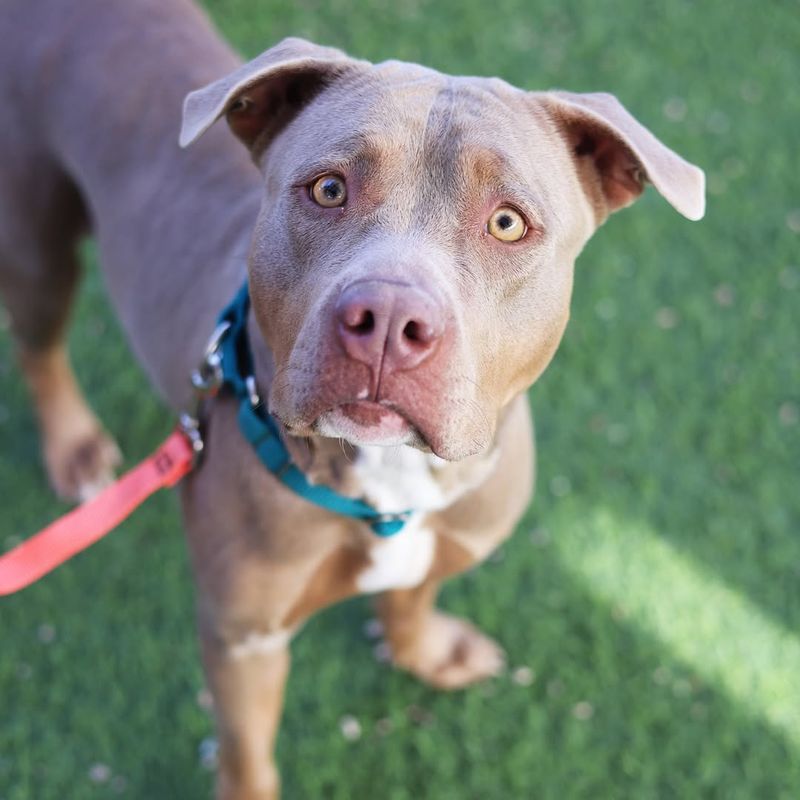
American Pit Bull Terriers are often misunderstood due to their muscular build and history, but they are loving and loyal when raised in a caring environment.
Pit Bulls need socialization from an early age to ensure they grow up to be well-adjusted adults. They are affectionate with their families and can be great companions when given proper care and training. Potential owners should be aware of breed-specific legislation in their area.
10. Bullmastiff
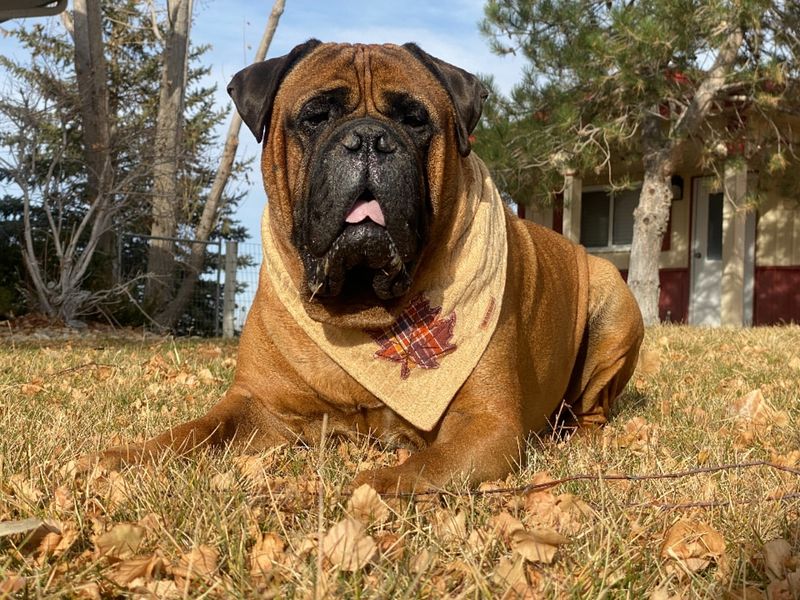
Calm strength defines this powerful breed, making it a gentle presence in the right household. As natural guardians, firm guidance is essential to balance protectiveness with control.
While not overly energetic, regular exercise keeps them physically and mentally healthy. Strong bonds form when included in daily life, especially in homes that value companionship and structure.
11. Australian Cattle Dog
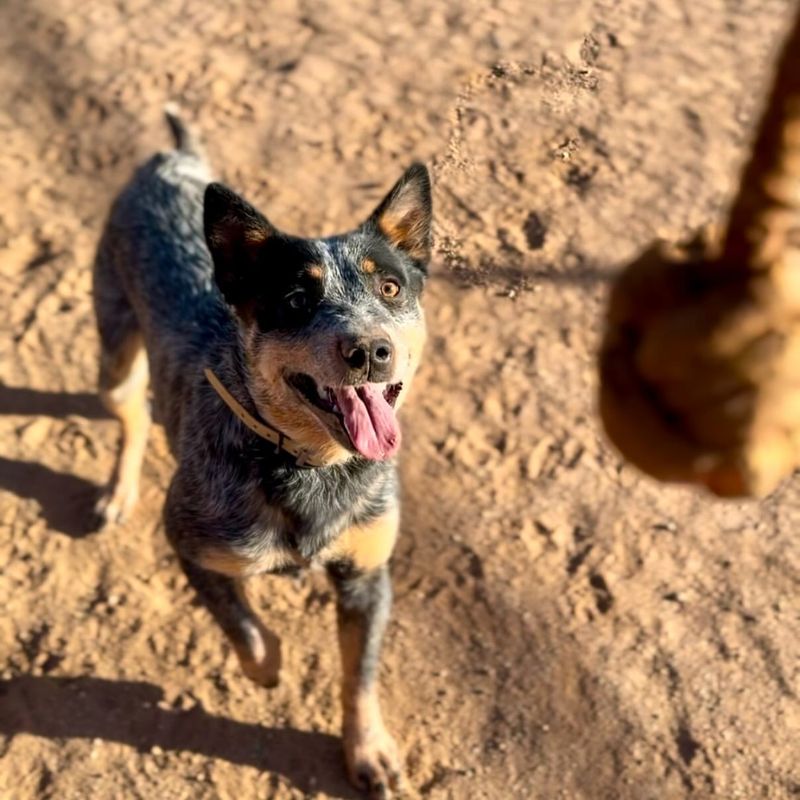
Australian Cattle Dogs are intelligent and energetic, bred for herding and working in challenging environments. They require ample exercise and stimulation to prevent boredom and destructive behaviors.
Known for their intelligence, these dogs excel in obedience and agility training but require a strong leader who can manage their assertive nature. They may try to herd children or other pets, which can be problematic if not properly managed.
12. Border Collie
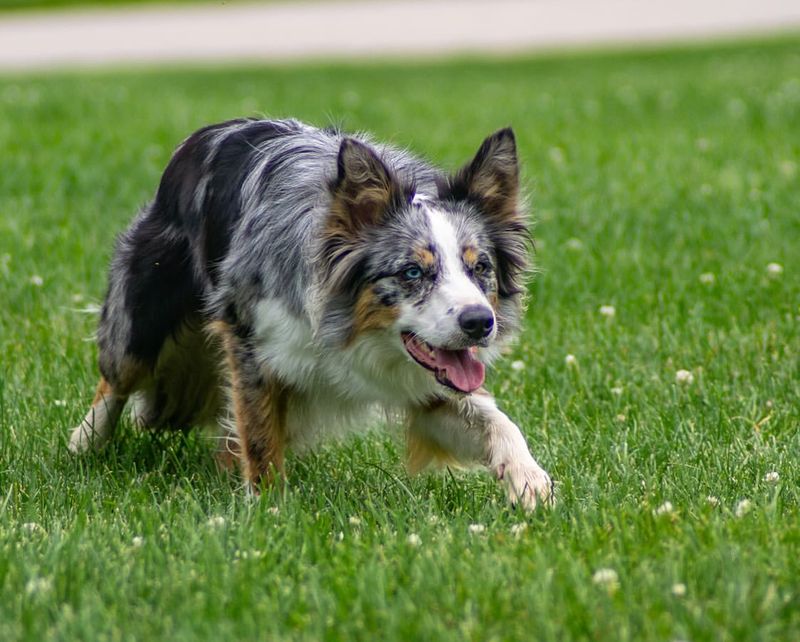
Border Collies are renowned for their intelligence and work ethic, often considered the most intelligent dog breed. They thrive in environments where they have a job to do, requiring a lot of mental and physical exercise.
Without enough stimulation, Border Collies can become bored and develop unwanted behaviors. Their herding instincts are strong, and they may attempt to herd children or other pets.
They require an owner who can provide them with plenty of activities and challenges to keep their minds and bodies engaged. Border Collies are best suited for active households with plenty of space.
13. Belgian Malinois
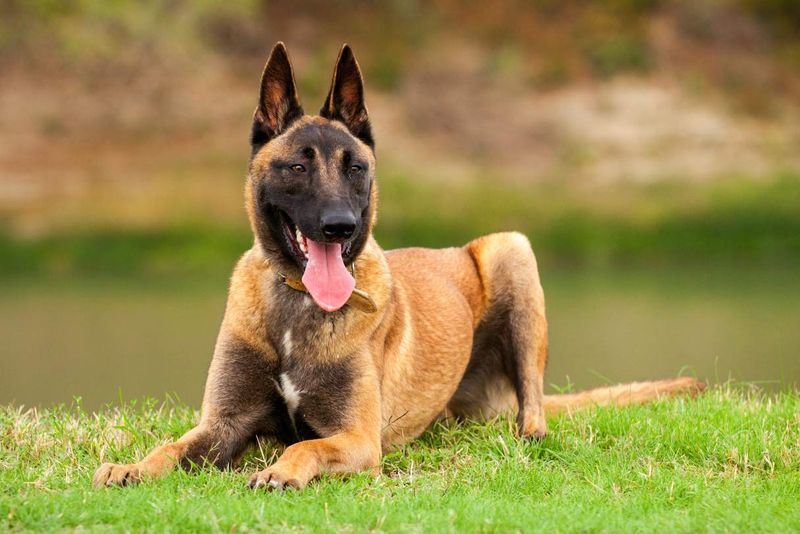
The Belgian Malinois is a brilliant and highly driven breed often used in police and military work. While impressive in the right hands, they’re overwhelming for the average pet owner. Without daily, intensive physical and mental stimulation, they can become restless, destructive, and even aggressive.
Their instinct to work and protect is incredibly strong, which can lead to behavioral issues if not properly managed. This breed is best left to highly experienced handlers with the time and dedication to keep them fully engaged.
14. Coonhound
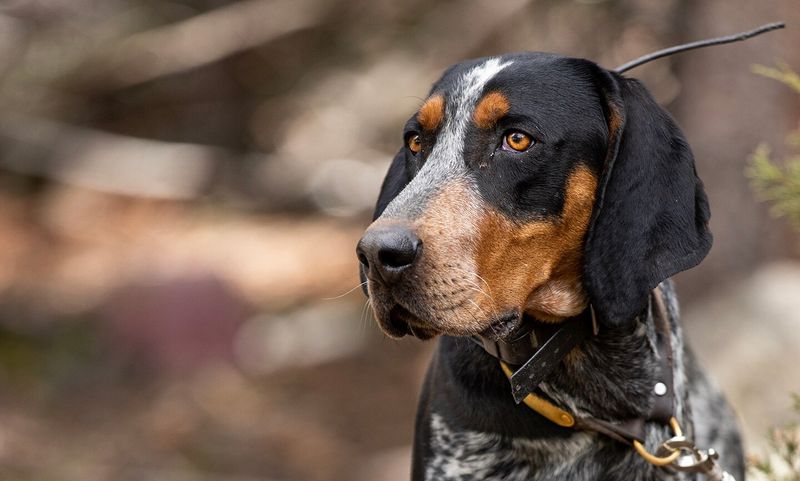
Coonhounds are friendly, vocal, and bred for endurance – but they can be tough to manage in a home setting. Their loud, baying bark is part of their charm in the field, but it quickly becomes a nuisance in suburban neighborhoods.
Known for their strong noses, they often follow scents obsessively and can become difficult to recall or train off-leash. Their stubborn streak and high energy require patient and consistent training. Coonhounds thrive best with experienced owners who understand the demands of a scent-driven hunting breed.


